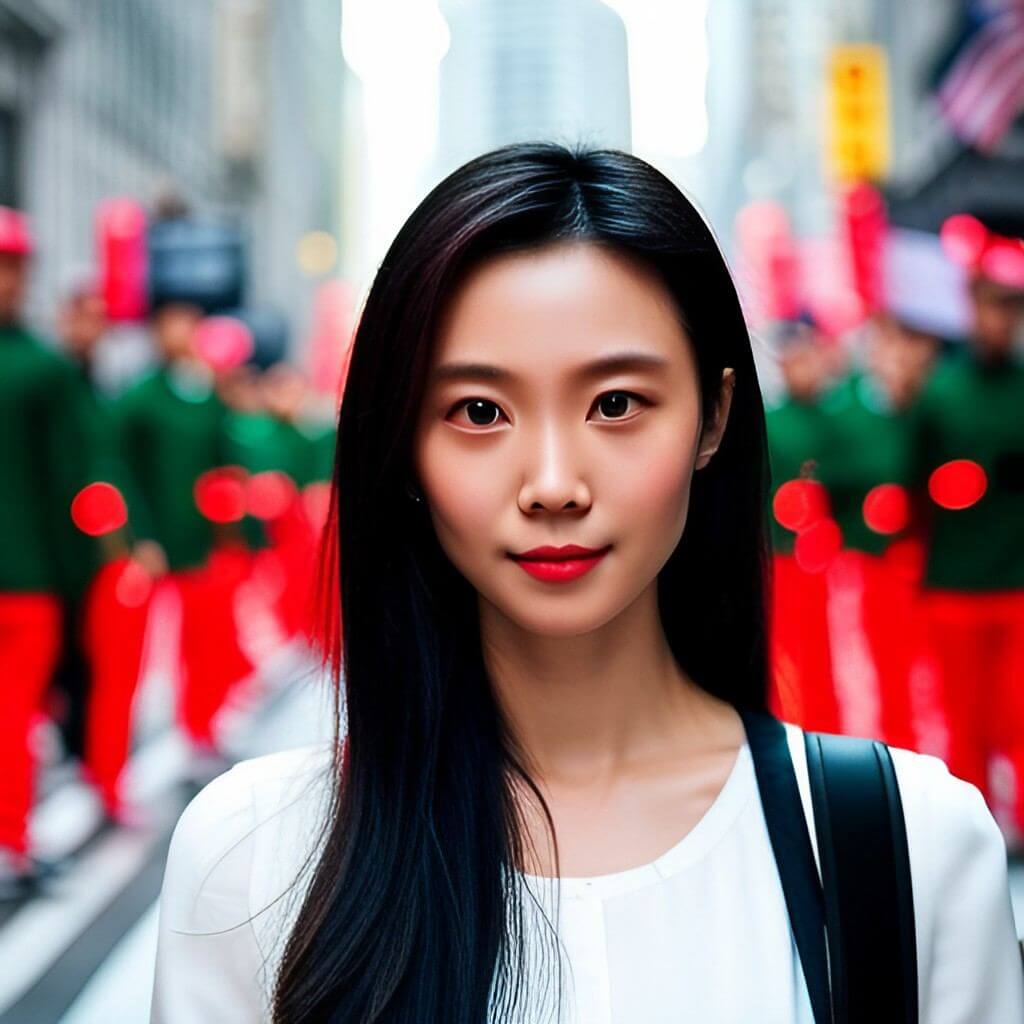In a nocturnal realm where e-commerce never sleeps, AI-Generated Livestreamers, often referred to as “deepfakes of Chinese influencers,” have emerged as the new stars of China’s digital marketing arena. These lifelike avatars, indistinguishable from their human counterparts, tirelessly hawk products on popular platforms like Taobao and JD, transforming the dynamics of online shopping. With the rise of this groundbreaking technology, brands can now have their virtual sales representatives work 24/7 for a fraction of the cost of real influencers.
The emergence of AI-generated livestreamers
As the sun sets and most people drift into slumber, China’s e-commerce landscape comes alive with a peculiar sight. Amidst the dimly lit virtual storefronts, AI-generated livestreamers, resembling real-life influencers, engage in promotional activities that are anything but natural. Their scripted words and gestures mirror their human counterparts, blurring the line between reality and simulation.
The advent of deepfake technology, which initially gained notoriety for its malicious uses, has taken a surprising turn in China’s bustling digital market. Since 2022, a swarm of Chinese startups and tech giants have embraced this cutting-edge tool to create AI-generated clones of human streamers. All it takes is a mere one minute of sample video and an investment of approximately $1,000 to birth an AI streamer that can work around the clock.
Synthetic media, known for its controversial applications, has evolved significantly over the years. Silicon Intelligence, a Nanjing-based startup, exemplifies this transformation. From requiring 30 minutes of training video in the past, the company can now create a lifelike digital clone with just one minute of footage. This progress has not only improved the realism of AI-generated livestreamers but also made them more cost-effective.
Once an avatar is generated, it seamlessly synchronizes mouth and body movements with a pre-scripted audio, automating the livestreaming process. Large language models assist in crafting these scripts, ensuring the content remains engaging and on-topic. Also, advanced versions of the technology can interact with live comments, enhancing the illusion of genuine human communication.
A cost-effective replacement for human influencers
While AI-generated streamers may not outshine top-tier human influencers, they have proven more than capable of replacing mid-tier ones. This shift has repercussions for human livestream hosts, who face stiffer competition and declining salaries in 2023. Brands are increasingly turning to AI streamers for their cost-efficiency, especially during off-peak hours.
Chen Dan, CEO of Quantum Planet AI, explains that virtual livestream hosts can replace those with lower ROI rates, significantly reducing costs for companies. The trend has gained momentum, with numerous major tech players like Alibaba, Tencent, Baidu, and JD offering AI streamer services on their platforms.
Implications and regulatory challenges
As AI-generated livestreams gain popularity, concerns about their impact and ethical implications have surfaced. Some platforms, like Douyin, are emphasizing transparency by requiring clear labeling of AI-generated content and real human operators. China’s government has also introduced laws governing synthetic media and generative AI, though their enforcement in this nascent field remains uncertain.
Looking ahead, the quest for “emotional intelligence” in AI streamers continues, as companies strive to imbue these virtual entities with human-like emotions. The industry envisions a future where AI streamers interact and learn from each other, further blurring the line between the real and the artificial.
AI-Generated Livestreamers have carved a niche in China’s e-commerce landscape, offering a cost-effective alternative to human influencers. As this technology continues to evolve, its impact on the industry and society at large remains a subject of intrigue and debate.




